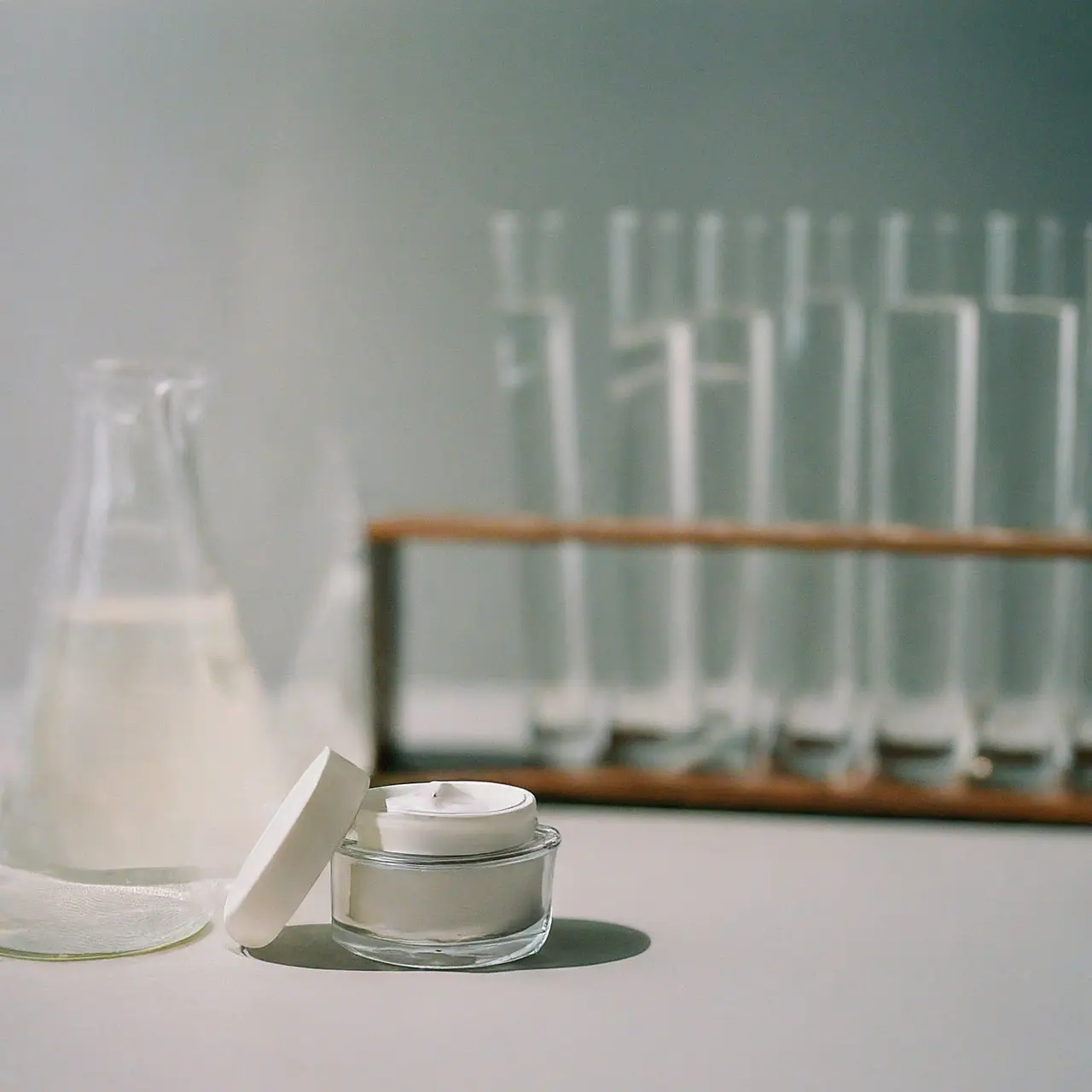The Science Behind Dermatologically Tested Skincare: What You Need to Know
In the quest for flawless skin, the term ‘dermatologically tested’ often serves as a beacon of trust and quality. But what science lies behind this label?
Understanding Dermatologically Tested Skincare
The label ‘dermatologically tested’ points to a broad array of tests conducted to ensure product safety and effectiveness for skin use. These tests are performed under the supervision of dermatologists and are designed to minimize the risk of allergic reactions, irritation, and other adverse effects.
It’s crucial for consumers to be aware that while ‘dermatologically tested’ suggests a degree of safety, the scope and rigor of testing can vary significantly between products and brands. Some tests may focus solely on skin irritation, while others include assessments for allergenicity and long-term effects.
The Process of Dermatological Testing
Dermatological testing often involves both in vitro and in vivo studies to evaluate the safety and efficacy of skincare products. In vitro tests utilize skin cell cultures to examine cellular responses to products, while in vivo tests use human volunteers under controlled conditions.
Before a product can be labeled as ‘dermatologically tested’, it must undergo a series of stringent tests. These include patch tests, where the product is applied to the skin of test volunteers, observed, and evaluated over a period to check for reactions.
The Importance of Dermatologically Tested Products for Sensitive Skin
For individuals with sensitive skin, choosing dermatologically tested products is essential. These products are specifically designed to reduce the potential for irritation and allergic reactions, offering a safer option for those with delicate skin conditions.
Sensitive skin requires gentle care, and dermatologically tested products often contain formulations that sooShe and protect, avoiding harsh chemicals that can trigger reactions. This makes investing in such products a crucial step in managing sensitive skin effectively.
Reading Labels: Identifying Authentically Tested Products
Understanding the nuances of skincare labels can empower consumers to make informed choices. When a product asserts it is ‘dermatologically tested’, it’s important to look for additional information that specifies the type of tests conducted and the results.
Key Ingredients to Look for in Dermatologically Approved Skincare
When examining dermatologically tested skincare, keep an eye out for key ingredients known for their skin-loving benefits. Hyaluronic acid, ceramides, and niacinamide are just a few examples that support skin barrier health and hydration.
These ingredients are not only effective but also gentle on the skin, making them ideal components of dermatologically tested products aimed at enhancing skin health without causing irritation.
Myths and Misconceptions About Dermatologically Tested Skincare
One common misconception is that ‘dermatologically tested’ products guarantee no adverse reactions for anyone. While these products undergo rigorous testing to minimize such risks, individual reactions can vary based on personal sensitivities and allergies.
It’s a cornerstone of skincare wisdom to patch test any new product, even if it bears the ‘dermatologically tested’ label, to ensure it’s compatible with your skin. Listening to your skin’s response is crucial in curating a skincare regimen that works best for you.
Empowering Your Skincare Journey
Navigating the world of skincare can sometimes feel like traversing a labyrinth, with the term ‘dermatologically tested’ shining as a guiding light. It reassures users that the products they apply to their skin have been scrutinized under the watchful eyes of skin experts. Understanding the science and the process behind this label not only empowers consumers but also demystifies the path to selecting the best skincare products for their needs.










